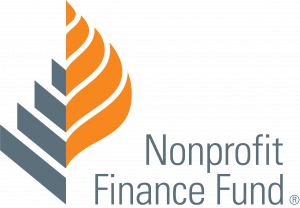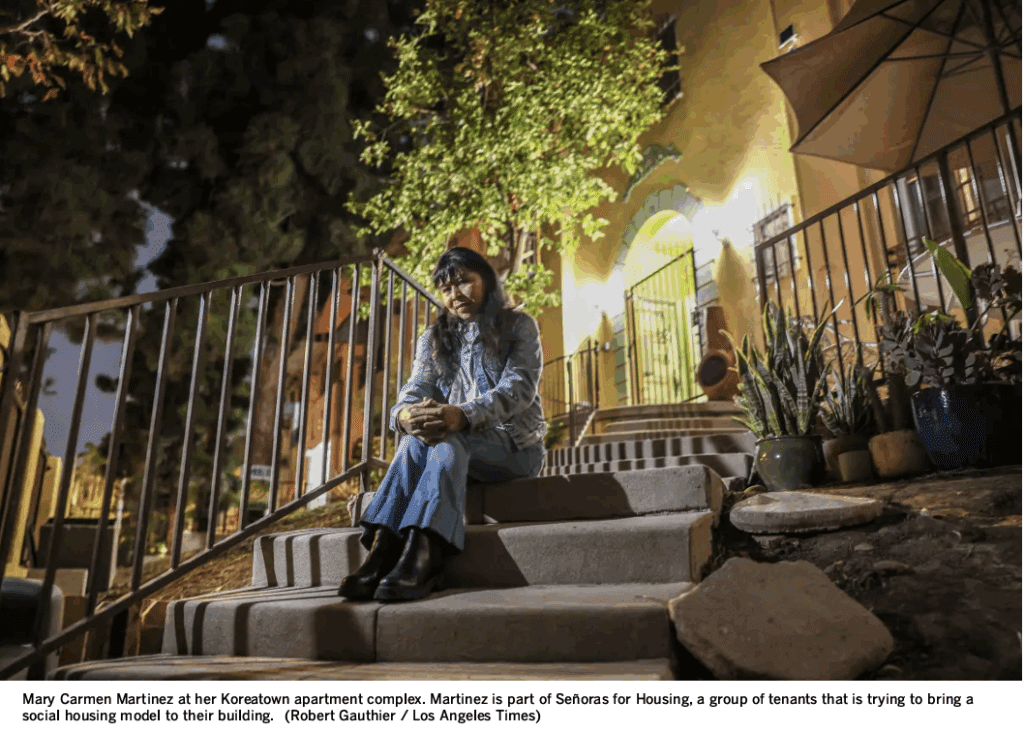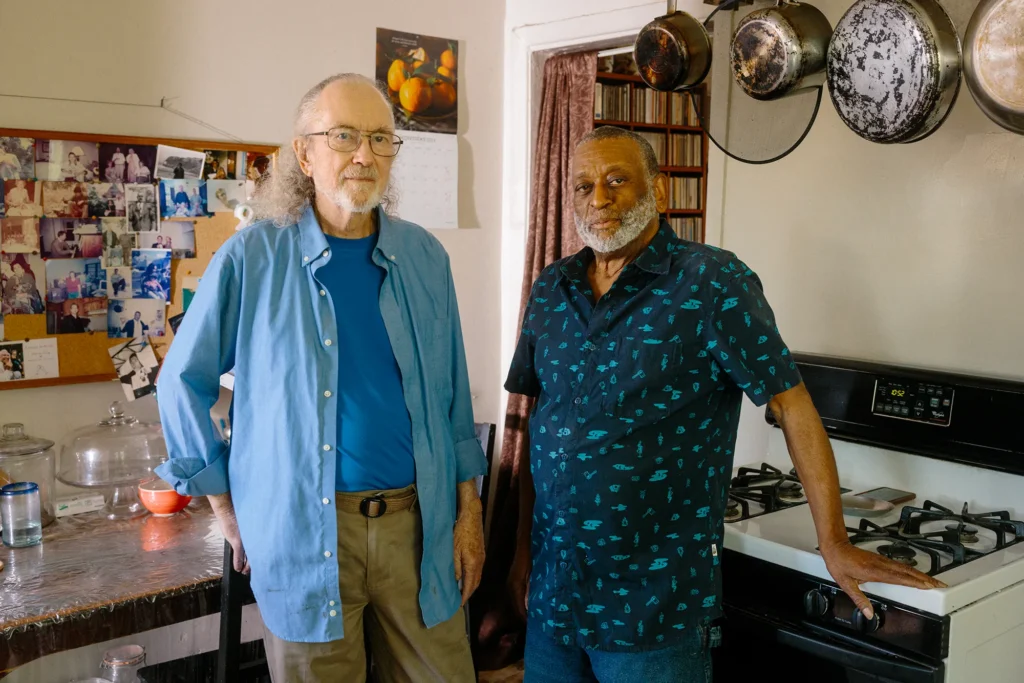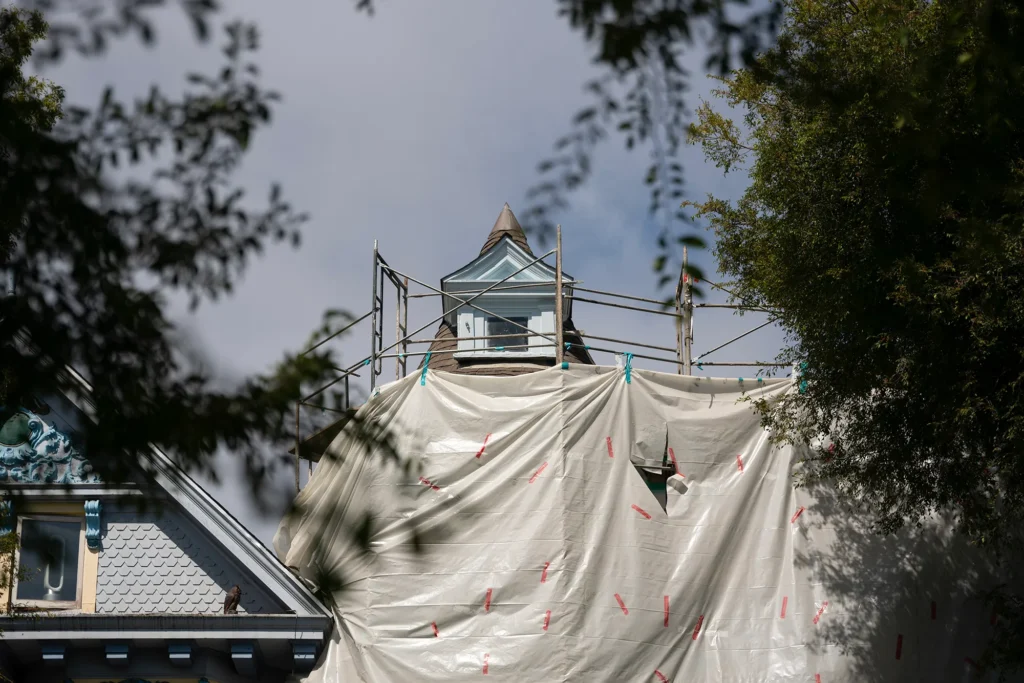Jobs and RFPS
OVERVIEW : The California Community Land Trust Network (CACLTN) serves to support the work of our member organizations and communities through state level policy, advocacy, member and community conferences, peer-peer training, and capacity building through the CA CLT Academy, as well as the development of financial / legal tools to enhance CLT development in California.
HIRING Please check back for position announcements.
REQUEST FOR INFORMATION: CA CLT Network Model Ground Lease Project
The CA Community Land Trust Network (CACLTN) Seeks To Develop Model Ground Leases For Cooperatives, Single Family Homes, And Condos On A CLT In California For Use By CACLTN Members. The Single-Family Home Ground Lease Will Reflect The National Model Ground Lease And The CA Model Will Focus On Explanatory Materials, A Spanish Version, And Potentially Supplementary Materials Such As An Exhibit To Address ADUs. Likewise, The Model Condo Ground Lease May Be The National Model With A Custom Exhibit Or Exhibits. The Co-Op Ground Lease Will Be More Ground Up Construction And The Primary Focus Of This Project.
Download: CACLTN RFI – Model Ground Lease Project





